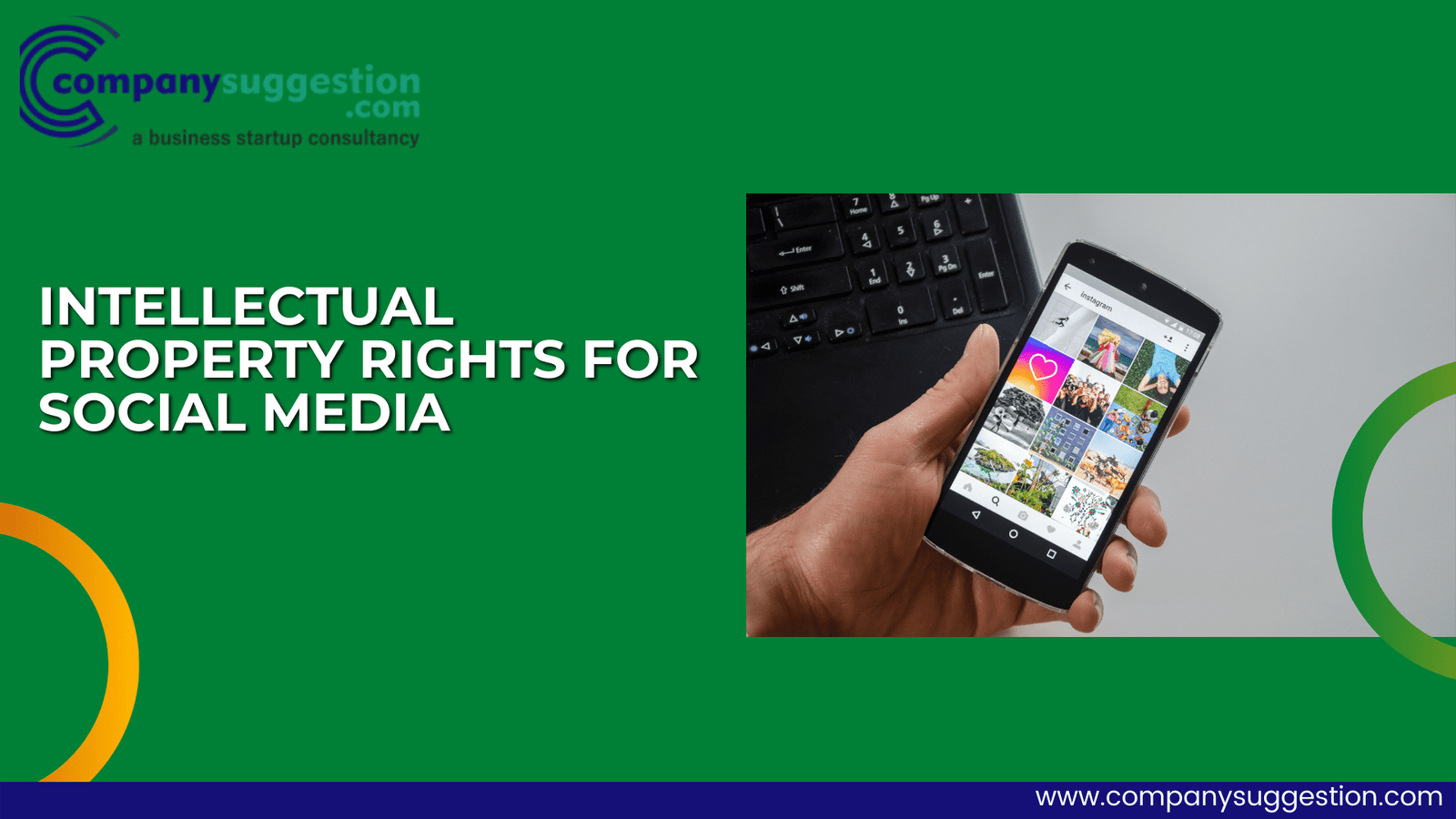Introduction
Social media comes with a bundle of tools that differentiate it from traditional print and electronic media. Among others, two unique component of social media are: Tools for sharing and dissemination of content and information across the world; and tools to communicate and exchange information. These two elements make social media more influential tool than traditional media.
Social media influencers or creators are the persons who are popular, stronger, and relevant enough to influence others within their online social sphere- generate ad revenue, product endorsement opportunities, and other revenue streams using social media platforms such as Instagram, Facebook, YouTube, Twitter, Snapchat, Reels, Pinterest, amongst many others. Social media influencers is one of the most impactful and effective ways of promotion and advertising also they get good earning from it. However, as social media platforms become more interactive and freely accessible, influencers, YouTubers, and creators become prone to certain legal risk involving Intellectual Property Rights (IPRs).
Why do influencers need to understand Intellectual Property?
When someone creates something tangible or in intangible, the creator has controlling rights for the usage of that product. The IPRs appropriate for social media influencers are of various kinds- trademarks, copyrights, domain names, brand names, etc. When we talk about IP considerations for social media influencers, there are two essential features to consider, which are as follows:
- First of all, it is essential to ensure that the influencer’s social practices are IPR compliant and do not break the IPRs of brands/celebrities/musicians/films.
- Secondly, the influencers must secure their content, unique name, domain names, and even hashtags under the relevant Intellectual Property (IP) laws.
Ensuring Compliances of IP laws
- Trademarks and logos:
Names and logos are usually used on social media for advertising products and services, both artistically (think pictures showing brand names and logos) and verbally (think hashtages, advertisements, tags).
Trademarks are a form of IP that used to identify, distinguish, and indicate the source of the goods and services of one seller from those of others. Primarily, influencers should obtain the written permission of any brand whose name, trademark, logo, or products are featured in a social media post, blog, video, or photography.
- Copyrighted content:
Copyright is a type of IP that protects the original work of authorship, such as photographs, videos, written text, art, sound recordings, cinematograph films, and the other original creations,
It gives the copyright owners the right to distribute, make copies of, display, or perform their original work.
- Domain Names:
Domain names are user friendly and easy to remember addresses that users use to locate any website on Internet. Often domain name are also registered as trademarks. Each website has domain name serving as an address, which is used to access the website. Domain names are usually the business names that are to be followed by .com, .org, .gov, .net, .in, etc.
- Designs:
Many of businesses now sell through social media and for some, it is their sole way to market. In advertising their new product designs, they are therefore sharing protectable designs, IP and may be able to prevent others from selling products to those designs via social media, or others channels.
Applications of Intellectual Property and Social sharing
There are many ways of social media that has been an integral part of this great shift in the way the world voices itself, from static comment fields to interactive messaging platforms like facebook and twitter. Carrying out of thorough review of your intellectual property will enable you to recognize element resources that may require immediate protection such as:
- Registered or licensed Innovations
- High-performance trademarks and sub brands.
- Trade manuals and business guides are integral to the operation.
How can Influencers protect their IP?
It is also necessary for social media influencers, creators or YouTubers as well to protect their unique content, which is freely accessible to millions of people on the internet. Influencers can not only register but also execute their IP. Online aliases, logos, slogans, marks, series names, and even hashtages may be protectable as trademarks. Original videos, photographs, written text, artwork, sound recordings, films and other creative works may be protectable under copyrights. Furthermore, third party use of an influencer’s name image, or likeness can be secured as a right of publicity. As the access to content enlarge in the digital world, particularly on social media platforms, the line between the ownership of original material, duplication, and distribution has been blurred. However, contrary to popular to belief, one cannot just take images or content from a social media feed and use it as their own, it is actually copyright abuse.
Conclusion:
The rules around the case of IP have changed drastically since social media has given all of us the power to share content and be publishers ourselves the issue of IP on social media is complex but can be managed smoothly by taking the right steps towards protection as well as compliance. Additionally, the unauthorized use of the plaintiff’s registered trademarks by the defendant in a manner, which is dangerous to its distinctive character or reputation, cannot be in accordance with the honest practices in industrial or commercial matters. Connect with us Company suggestion.













